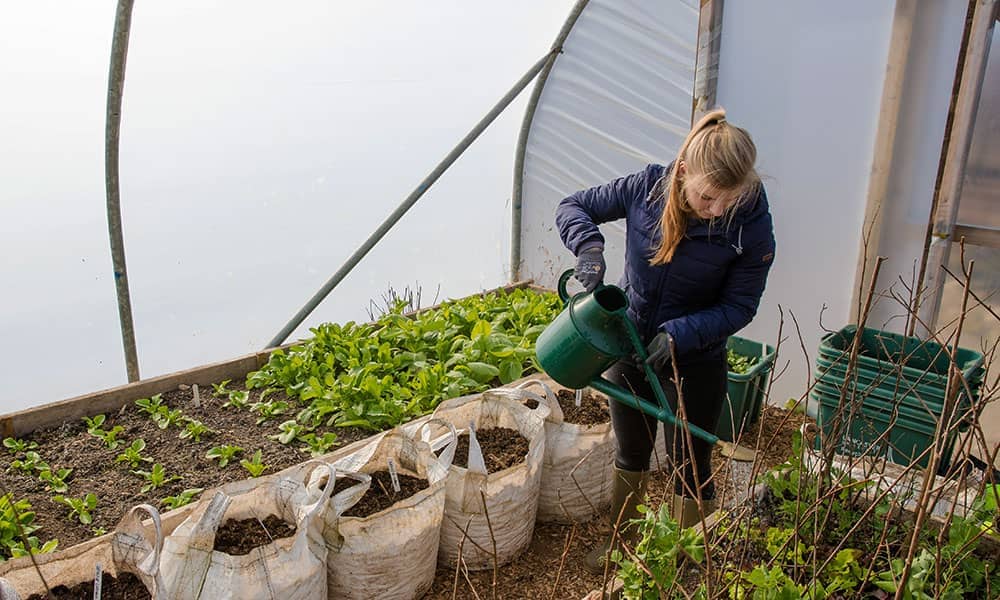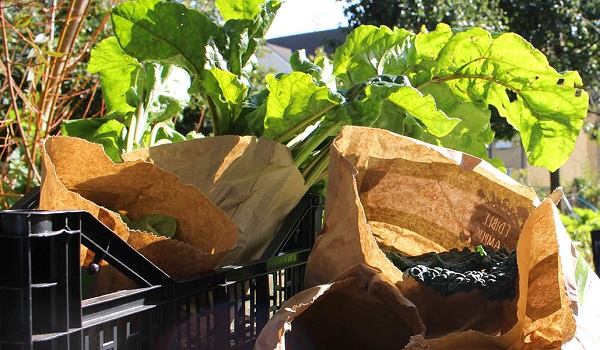
Goal 2 - Zero Hunger
End hunger, achieve food security and promote sustainable agriculture.

Research
An international group of academics – including one from Lancaster University, have been looking into a more efficient use of phosphorus, which could see limited stocks of the important fertiliser extended to last more than 500 years and boost global food production to feed growing populations.
Researchers in Lancaster Environment Centre working with an international group of academics have found that encouraging people to eat more wild fish, such as mackerel, anchovies and herring, which are often used within farmed salmon feeds, would benefit their nutrition and improve sustainable fishing.

Teaching
Food challenges across the globe
Our Geography (BSc Hons) degree includes a module called Food and Agriculture in the 21st century, which explores the social, political and environmental challenges facing food systems in the world today and will develop innovative and alternative solutions for the future.

Campus life
Sustainable food on campus
Lancaster University is committed to improving the availability and range of plant-based food options available across campus. HIVE café has many vegan and low-sugar options. We also commit to using sustainable, local suppliers wherever possible – with specific focus on Lancashire suppliers.
Reducing waste
Lancaster University has signed up to tackle food waste on campus by working with the Too Good to Go app, offering surplus food at a big discount. This scheme not only helps to save food from going to waste, it also helps students with the cost of living by offering discounted meals.

Outreach and engagement
Supper clubs
Free hot meals have been served to students at the Supper Club every week, hosted by the colleges and Lancaster University Student Union. Colleges also run various free food events throughout the year – such as breakfast social events and free lunches.

